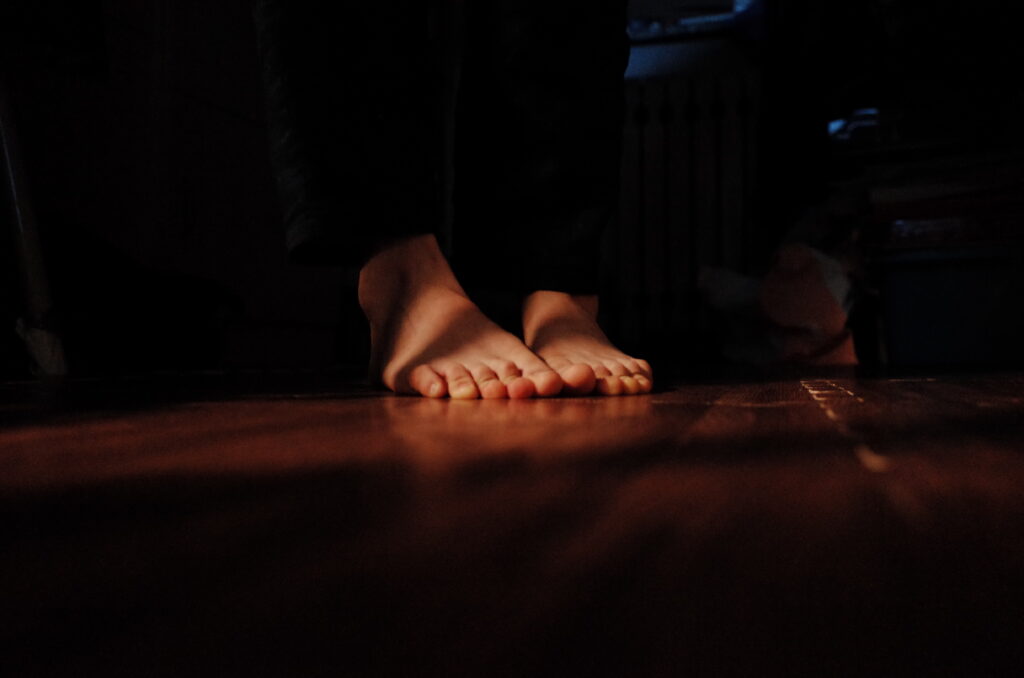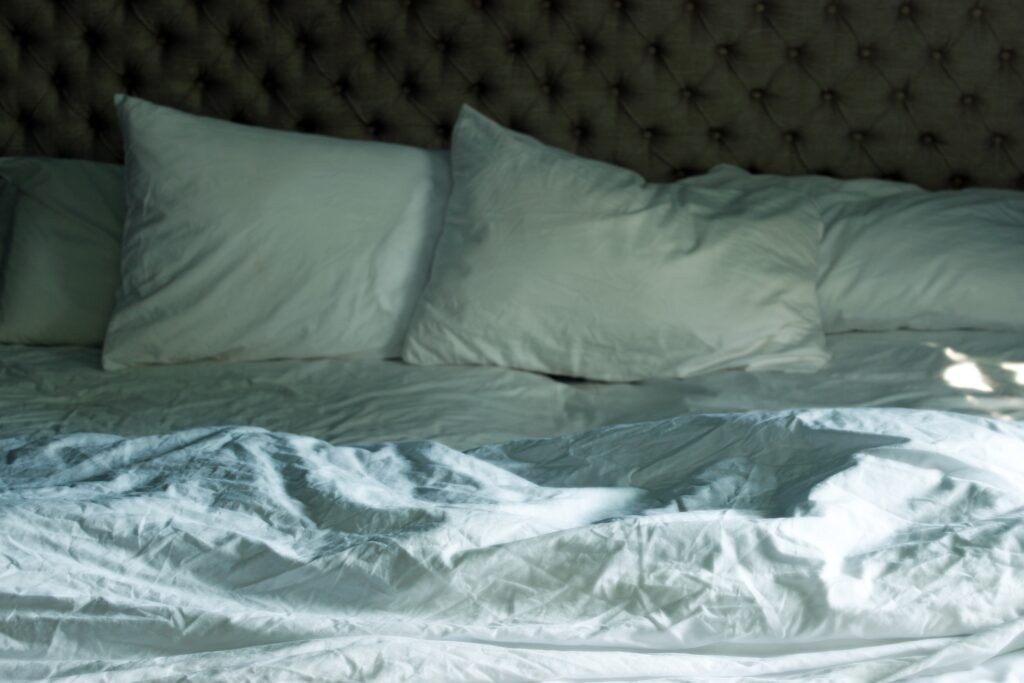Certain substances can deeply affect your sleep patterns — and in some cases, lead to episodes of sleepwalking. Learn how alcohol, prescription medications, and recreational drugs can disrupt the brain’s sleep-wake cycle and increase the risk of sleepwalking. Awareness is key to understanding and managing these triggers.
Substances that alter brain activity — including alcohol, sedatives, and stimulants — can interfere with deep sleep, where sleepwalking typically occurs. These substances may reduce sleep quality, delay REM sleep, or increase sleep fragmentation, making it more likely for someone to engage in complex behaviors while still partially asleep.


Substance use affects the central nervous system, which plays a crucial role in regulating the sleep cycle. For some individuals, these substances disturb slow-wave sleep, making the brain more prone to partial arousals. These arousals may lead to sleepwalking, especially in people with a genetic predisposition or underlying sleep disorders. Even occasional use of certain substances can provoke an episode.
Here are six common substance-related factors that may increase the risk of sleepwalking. If you’re concerned about your sleep behaviors, identifying and reducing these triggers can help.
Can suppress REM sleep and increase nighttime awakenings, leading to episodes.
Late-night use can delay sleep onset and cause fragmented sleep.
Abrupt cessation can lead to poor sleep quality and increased arousals.
DID YOU KNOW
Sleepwalking affects both children and adults, often running in families. Linked to mental health and long-term persistence, it’s more common than many realize and deserves better awareness and support.
Sleepwalkers often navigate familiar spaces without being aware.
Most episodes begin during the deepest stage of sleep.
Sleepwalking can last a few seconds—or up to 30 minutes.
It’s okay to wake a sleepwalker—they may just be a bit disoriented.
Children vs Adults
Family Connection
Experienced Doctor
Chronic Cases
EXPERTS’ POINT OF VIEW
Experts from various fields share their insights on sleepwalking, its causes, risks, and effective treatments, helping to raise awareness and improve understanding of this complex condition.
Clinical Psychologist & Sleep Researcher
Consultant Neurologist & Sleep Specialist
Sleep Medicine Specialist, Mass Eye and Ear
Clinical Psychologist & Sleep Specialist
FAQS
Get answers to common questions about how different substances impact sleepwalking, and what you can do to reduce risk.
Yes, alcohol disrupts the sleep cycle and increases the chance of partial arousals that lead to sleepwalking.
Certain medications, including sedatives and antidepressants, can affect sleep architecture and contribute to sleepwalking.
While not a direct cause, caffeine can delay sleep and create fragmented sleep, which may increase the risk.
Yes, especially with stimulants or hallucinogens, which interfere with the brain’s sleep-wake regulation.
Withdrawal can disrupt sleep and lead to unusual sleep behaviors, including sleepwalking in some people.
Never stop medication without consulting a healthcare professional. They can suggest safer alternatives if needed.
Avoid substances close to bedtime, follow good sleep hygiene, and consult a sleep specialist if episodes persist.
Stay Informed & Empowered